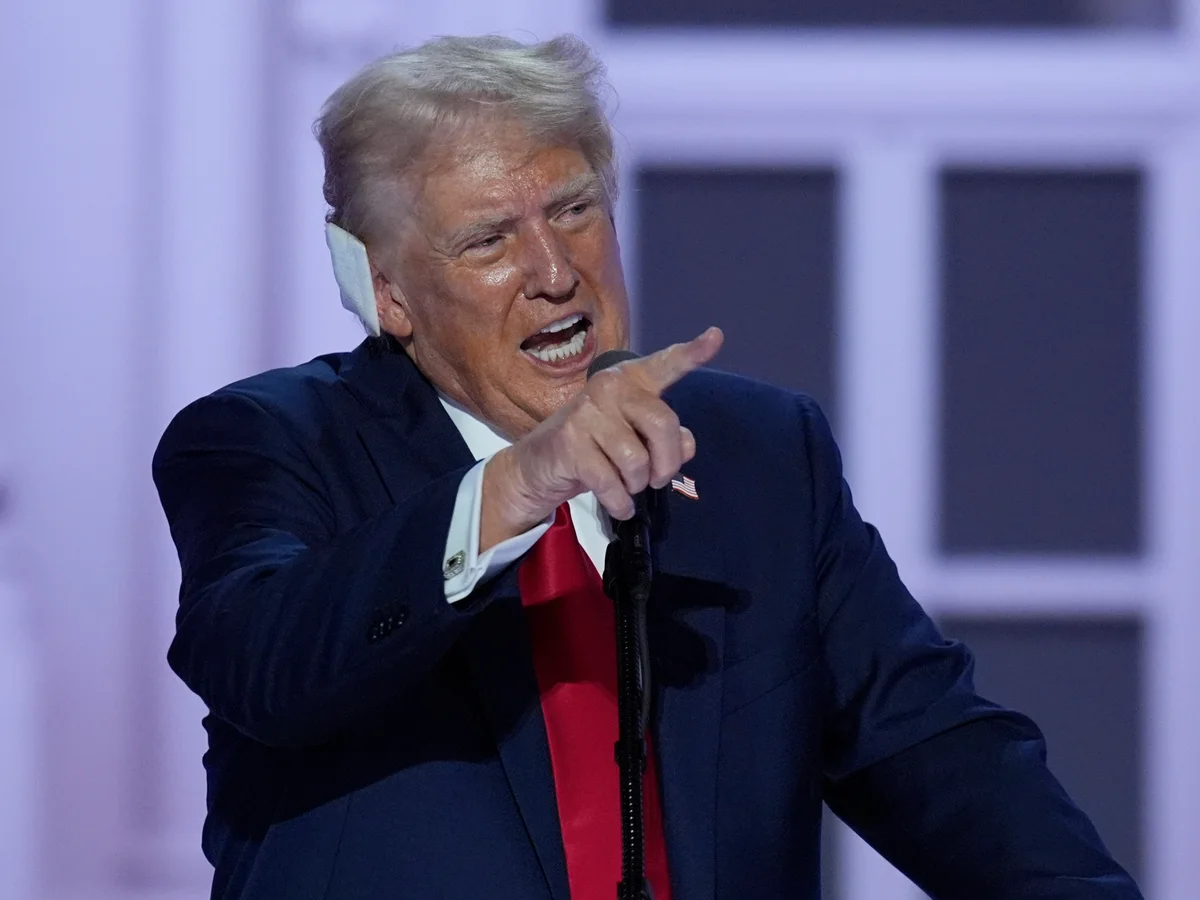On May 21, 2025, a scheduled diplomatic meeting between U.S. President Donald Trump and South African President Cyril Ramaphosa took an unexpected turn when Trump confronted Ramaphosa with unsubstantiated allegations of a so-called “white genocide” targeting white farmers in South Africa. This incident strained diplomatic relations and underscored the dangers of misinformation in international politics.
Separating Facts from Fear
President Trump alleged that white South African farmers were being systematically murdered and dispossessed, suggesting this amounted to genocide. He presented a video containing inflammatory rhetoric from opposition politicians and images purportedly depicting mass graves of white farmers. However, these claims have been widely debunked by experts and contradicted by official data.
South African police statistics from 2020 to 2024 indicate that 225 murders occurred on farms, of which only 53 victims were white farmers. The majority were Black farmworkers. South Africa does face a high national murder rate, but the violence affects citizens across racial lines, with Black South Africans being the most impacted.
Importantly, the term “genocide” under international law refers to acts committed with the intent to destroy, in whole or in part, a national, ethnic, racial, or religious group. Experts overwhelmingly agree that the situation in South Africa does not meet this definition.
The Politics Behind the Narrative
The “white genocide” narrative has long been promoted by far-right and white nationalist groups, who amplify isolated farm attacks to fit their ideological agendas. President Trump’s repetition of these claims, without credible evidence, raises concerns about such narratives in mainstream politics.
Adding to the controversy, Elon Musk’s AI chatbot, Grok, was reportedly involved in spreading similar unverified claims. Grok’s responses included unsolicited commentary supporting the genocide narrative, prompting public backlash and commitments from Musk’s company to improve content oversight and transparency.
Diplomatic Fallout and Policy Consequences
The confrontation derailed the original purpose of the meeting, which was aimed at strengthening U.S.–South Africa trade and diplomatic ties. President Ramaphosa responded with restraint, reiterating that his government does not tolerate violence against any racial group and that crime in South Africa is a broader societal issue, not a targeted campaign.
Further complicating relations, the U.S. administration’s move to grant refugee status to white South African farmers based on these disputed allegations has been viewed by many in South Africa as interference in domestic affairs and a challenge to national sovereignty.
Global Patterns of Misinformation
The exploitation of selective or misleading narratives to justify political decisions is not new. Similar tactics have surfaced in debates over immigration, where rare or isolated incidents are magnified to justify restrictive policies.
In South Africa, the legacy of apartheid and efforts at land reform add complexity. Misrepresenting these socio-political efforts as racially motivated persecution distorts reality and undermines the ongoing process of reconciliation and equitable reform.
The Oval Office incident reflects the urgent need for informed and responsible international discourse. Grounding foreign policy and diplomatic engagement in verified information, not partisan or ideological claims, is essential to fostering trust, stability, and cooperation between nations.
As the global political landscape becomes increasingly influenced by digital misinformation and echo chambers, leaders must be held to a higher standard, prioritizing truth and respectful dialogue over sensationalism and fearmongering.







Average Rating